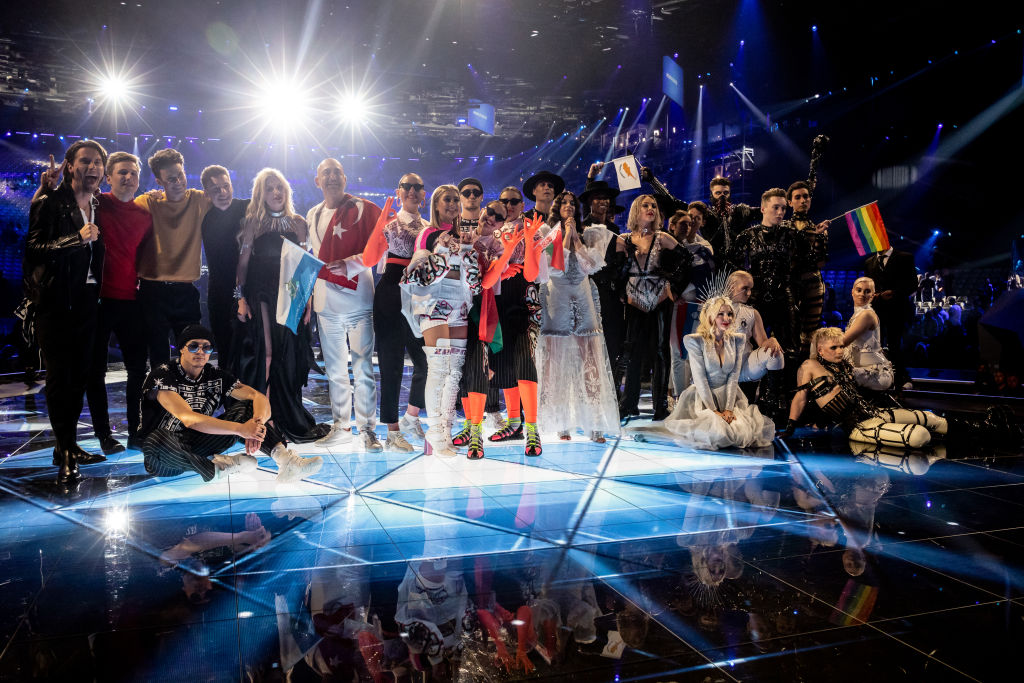Eurovision confirms radical 2021 plans to ensure contest takes place – even in lockdown

Eurovision 2021 will go ahead even if the Netherlands is in lockdown, organisers have confirmed, laying out four possible scenarios.
After the 2020 contest was cancelled by coronavirus, organisers have devised a plan to ensure a new winner will be crowned next year.
Eurovision 2021 will go ahead as planned with a grand final in Rotterdam’s Ahoy Arena on May 22, 2021. However, who will be present in that arena depends on which of the four scenarios gets the greenlight.
The most ambitious scenario, A, envisions a normal Eurovision.
The semi-finals, final and all dress rehearsals would play to a packed arena, with delegations and artists from all competing countries taking part in events around Rotterdam
“The feasibility of this scenario largely depends on the roll-out of a possible vaccine for COVID-19 or the availability of reliable testing,” a statement on the Eurovision website makes clear.

Eurovision finalists during the 64th annual Eurovision Song Contest held at Tel Aviv Fairgrounds on May 14, 2019 in Tel Aviv, Israel. (Photo by Guy Prives/Getty Images)
Scenario B calls for a “socially-distanced Eurovision”.
All nine shows (semi-finals, final and rehearsals) would go ahead, but with reduced audience capacity to enable 1.5 metre social distancing.
A “fair draw” would be held to decide which ticket-holders could still attend, with limits also imposed on press and delegations.
Scenario C, “Eurovision Song Contest with travel restrictions”, would be utilised if some artists and delegations are unable cross the border into the Netherlands.
In this case those artists would, for the first time in Eurovision history, perform remotely from their home country. Those able to make it to Rotterdam would sing in the Ahoy Arena, which would probably host a socially-distanced ceremony.
Scenario D, the most extreme of the four, is a fully remote ceremony, or “Eurovision in lockdown”.
A remote format was rejected for the 2020 contest, with organisers saying at the time that “it’s in the DNA of the Eurovision Song Contest to bring delegations, artists and fans together in one place”, and that anything short of that “would not be in keeping with our values and the tradition of the event”.
However, desperate times call for desperate measures. Junior Eurovision is already set to be held remotely on November 29, which will presumably act as a trial run.
Under scenario D there would still be a show from the Ahoy Arena, held without an audience, and other activities in the city would likely be cancelled.
A decision on which scenario will get the go-ahead will be made in early 2021.
New Eurovision rules were announced in June which have allowed organisers to tinker with the format.
As part of this, for the first time performers will be allowed to use recorded backing vocals if they choose.

